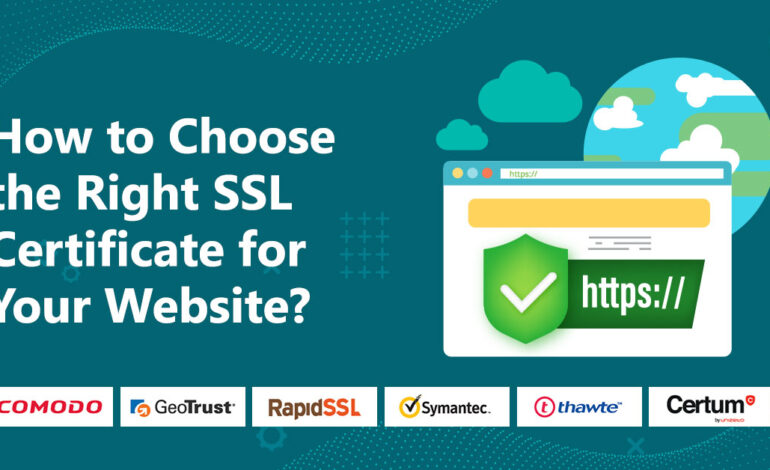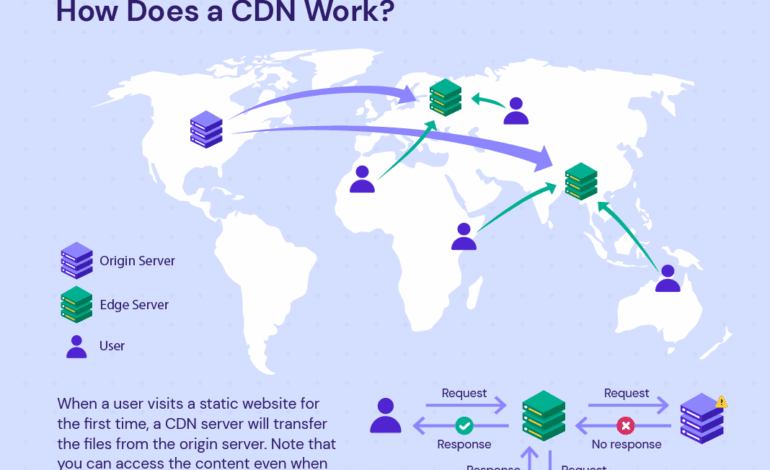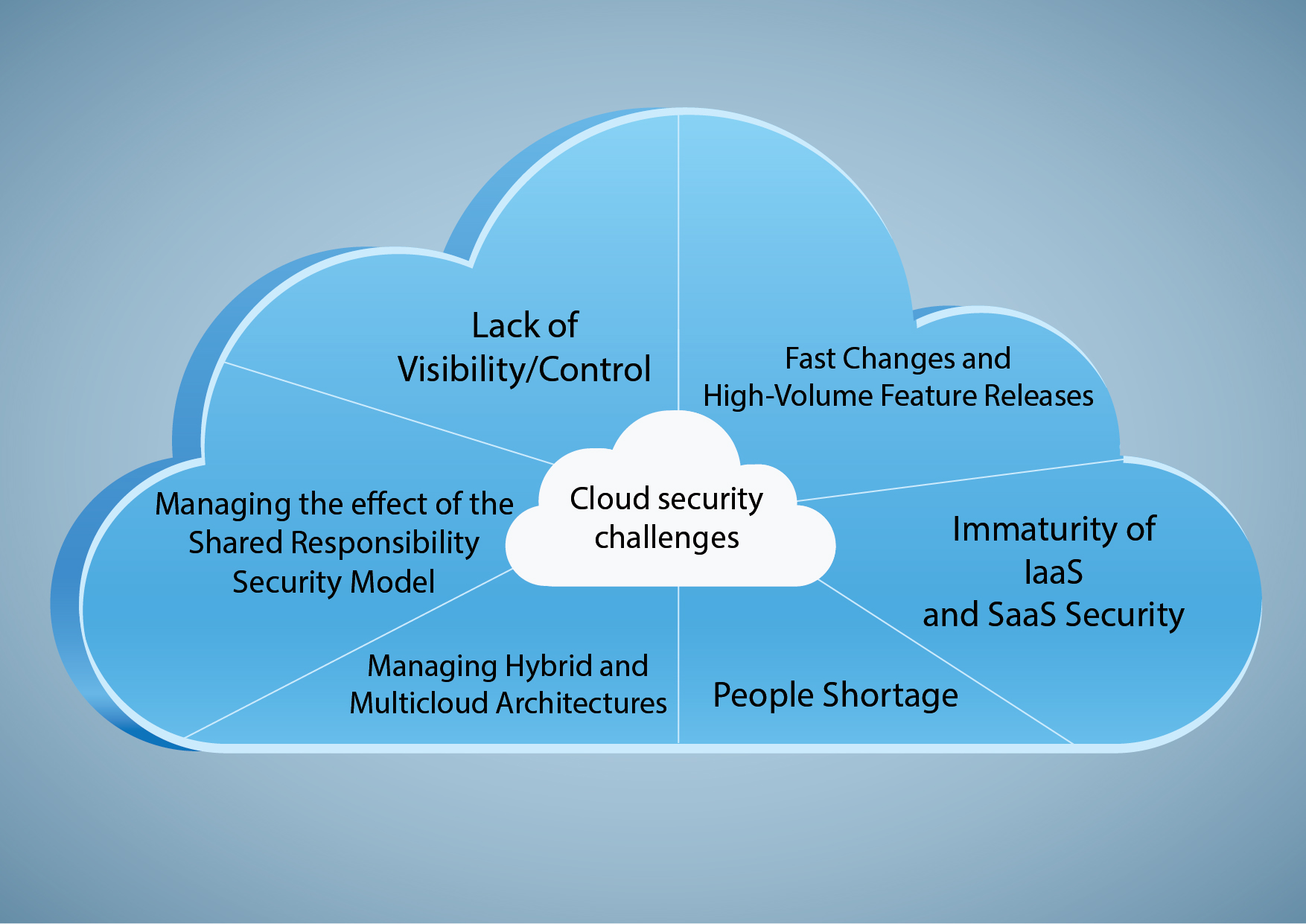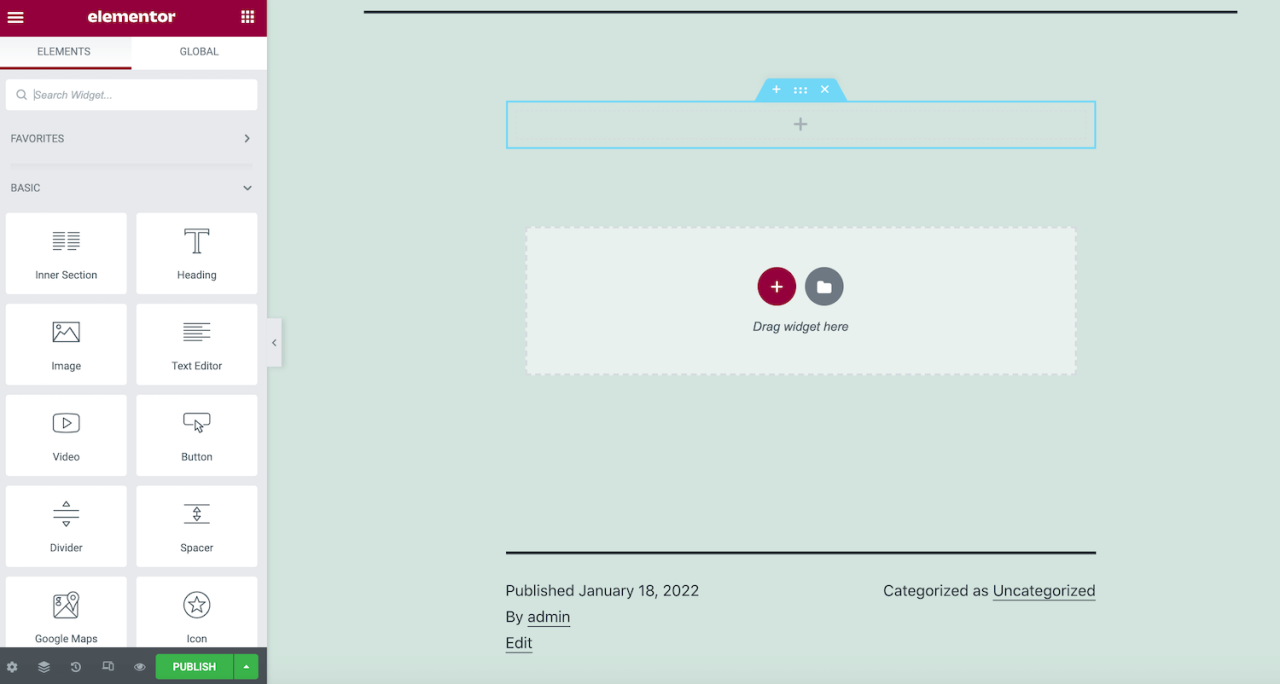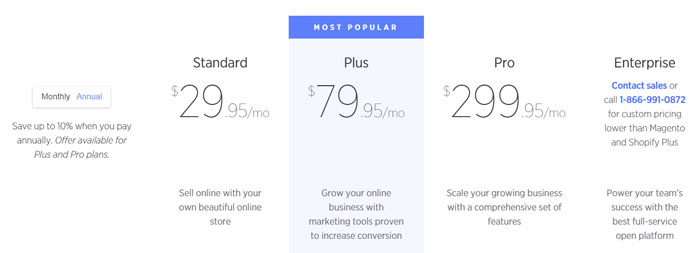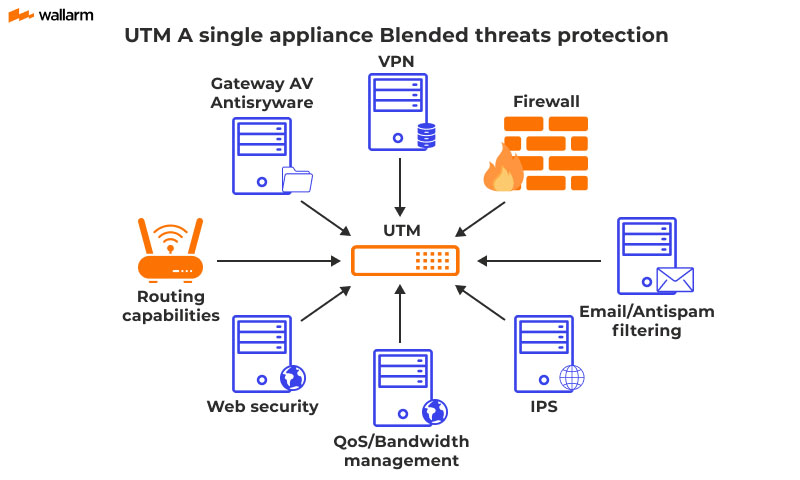Website Security Plugins Which One Is Best

Did you know that a website is attacked an average of 44 times every single day? That’s a scary thought for anyone running a business or sharing their passion online. Thankfully, defending your digital real estate doesn’t require you to be a coding guru.
Website security plugins are your frontline defense, acting as digital bodyguards to protect your valuable data, customer information, and hard-earned reputation. These plugins are essentially software add-ons designed to shield your website from various online threats like hacking, malware, and brute-force attacks.
But with a sea of options available, choosing the right plugins can feel overwhelming. This article will navigate you through the essential website security plugins, explaining their functionalities, benefits, and how they can fortify your online presence, providing you with the knowledge to proactively safeguard your website from potential disasters.
Website Security Plugins: Shielding Your Digital Realm
In today’s internet landscape, securing your website is no longer optional. It’s a necessity. Think of your website as a digital fortress and these plugins as the guards.
They stand watch, ready to ward off a multitude of threats lurking in the shadows of the web. From hackers to malware, the dangers are real.
Without proper defense, your online presence becomes vulnerable, potentially leading to data breaches and a damaged reputation. Let’s explore your options for protection.
Website security plugins serve as the first line of defense, working tirelessly to keep your website secure. Selecting the right one requires careful consideration.
Why Website Security Plugins Are Absolutely Essential
Picture this: Your website is open 24/7, 365 days a year. That’s a lot of time for bots and malicious actors to attempt infiltration.
Website security plugins act like a virtual bouncer, checking every ID and rejecting those who don’t belong. Consider it an investment, not just an expense.
Without these safeguards, your website risks becoming a playground for hackers. They could steal user data, deface your site, or even shut you down completely.
Beyond the immediate dangers of attacks, a compromised website can have a lasting impact. Rebuilding your reputation after a breach is an uphill battle.
Protecting user data, maintaining your site’s integrity, and preserving your brand’s reputation are all vital roles fulfilled by security plugins. Neglecting this could mean disaster.
Key Features to Look for in a Solid Security Plugin
Not all website security plugins are created equal. Some offer a basic level of protection, while others boast a comprehensive suite of features.
A robust firewall is essential. It monitors incoming traffic, blocking suspicious requests before they reach your website’s core.
Malware scanning is another crucial feature. It diligently searches your files for any signs of infection and swiftly removes threats.
Look for plugins with vulnerability scanning. This identifies weaknesses in your website’s code, enabling you to patch them before exploit happens.
Two-factor authentication (2FA) adds an extra layer of protection to your login process. Even if a hacker obtains your password, they’ll need a second verification to gain access.
Popular Website Security Plugins: A Quick Overview
The market is flooded with website security plugins, each promising to keep your site safe. Let’s take a glance at some of the top contenders.
Wordfence is a widely-used option, offering a powerful firewall and malware scanner. Its real-time threat intelligence feed keeps it up-to-date on the latest dangers.
Sucuri Security is another well-respected name, known for its comprehensive security features and website cleanup services after an incident.
iThemes Security focuses on hardening your website and offers features like brute force protection and password security enforcement.
Jetpack (Security) has a few options, with automated malware scanning, real-time backups, and automated fixes to protect your site.
Configuration and Best Practices for Optimal Protection
Simply installing a website security plugin is not enough. You need to configure it properly and follow security best practices.
Regularly update your plugin. Developers release updates to patch vulnerabilities and enhance features, so staying current is crucial.
Implement strong passwords. Avoid using easily guessable words or phrases. Use a mix of uppercase and lowercase letters, numbers, and symbols.
Enable two-factor authentication for all user accounts, especially those with administrative privileges. This is a great way to prevent intrusion.
Regularly backup your website. In the event of an attack, you can restore your site to a clean, uninfected version. Many plugins offer backup integrations.
Beyond Plugins: A Holistic Approach to Website Security

While plugins are a valuable tool, they shouldn’t be your only line of defense. Security is a continuous process that requires a holistic approach.
Choose a reputable web hosting provider that prioritizes security. They can offer server-level protection against attacks.
Keep your website platform (e.g., WordPress, Drupal, Joomla) and any themes or plugins up-to-date. Outdated software is a magnet for exploits.
Educate yourself and your team about common security threats and best practices. Awareness is key to preventing attacks. This includes awareness for phishing, social engineering, and malicious downloads.
By combining website security plugins with a comprehensive security strategy, you can significantly reduce your risk of falling victim to cyberattacks.
